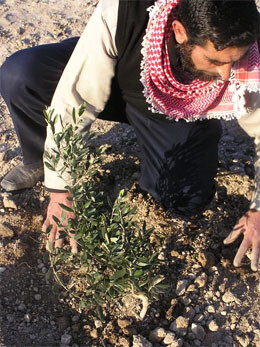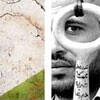
"I feel as if I were living in South Africa"
14 February 2008
“On behalf of the landowners, the Shahadeh family, and the residents of the village of al-Mashhad, I want to send a message to people everywhere — the Jewish National Fund, to the Nazareth Illit Municipality, to the Members of Knesset and the government, and to the residents of Israel. We don’t want the [Land Day] events of 1976 to repeat themselves, but I have to say that not one meter of land will be taken from us unless we die on our lands.” Read more about "I feel as if I were living in South Africa"








